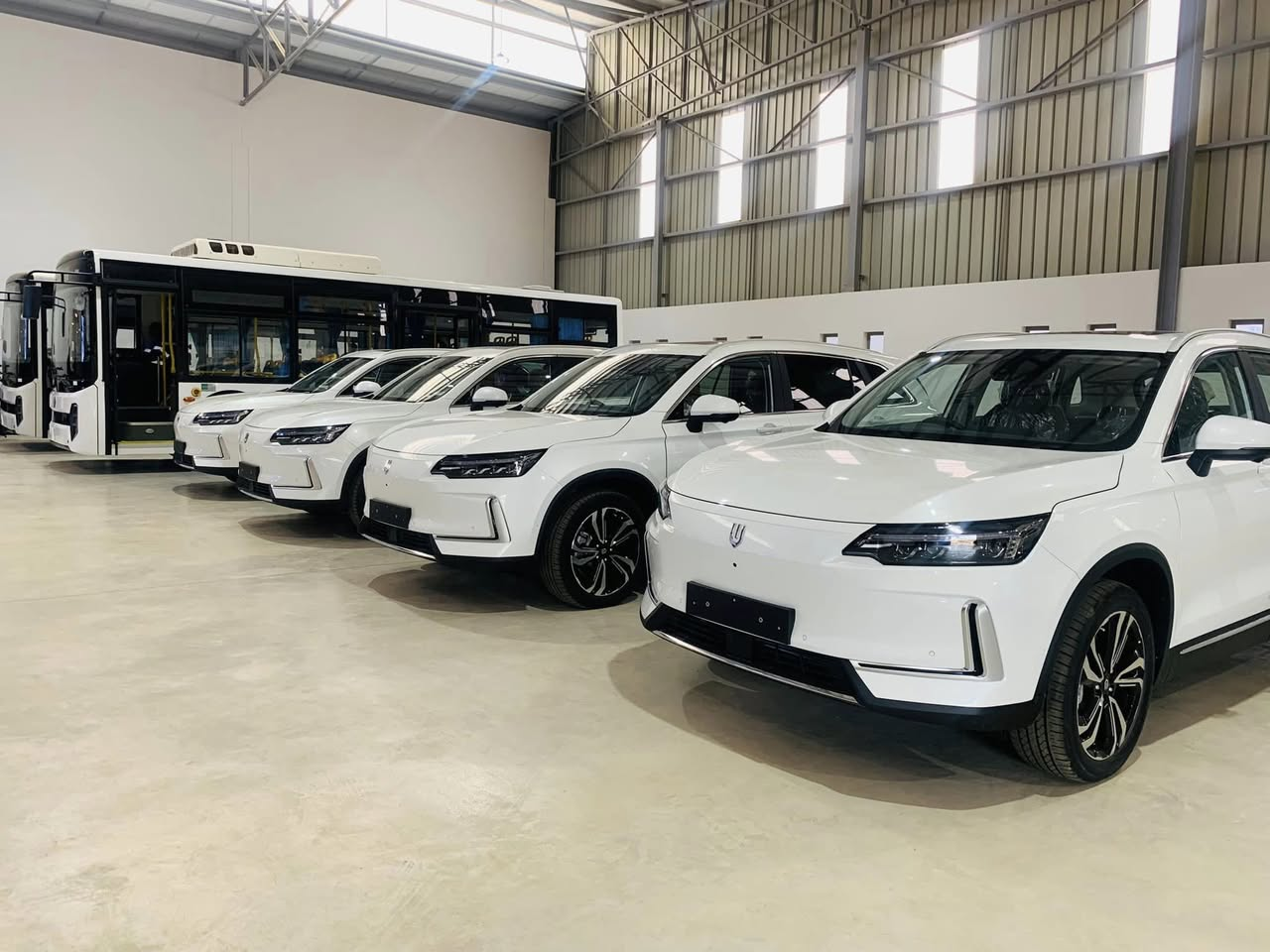In 2024, Botswana unveiled its first domestically assembled electric vehicles, including SUVs and buses, through a collaboration between the Botswana Institute for Technology Research and Innovation (BITRI) and Chinese manufacturers Skywell and CHTC Kinwin.
The assembly plant, located in Gaborone's Commerce Park, currently produces three vehicles daily, with plans to scale up to 100 vehicles per month by 2025. This initiative has also led to the training of over 150 local technicians, enhancing the country's technical workforce.

“The intent was to position this country as a regional leader in sustainable transportation. Establishing electric vehicle infrastructure will help reduce carbon emissions and promote eco-friendly transport systems in communities,” - BITRI CEO: Shedden Masupe
To support the growing EV market, Botswana has begun developing its charging infrastructure. The Botswana Power Corporation (BPC) operates charging stations in urban areas like Gaborone, Francistown, and Maun, offering both Level 2 and Level 3 charging options. Private companies such as Charge Botswana and GreenCo Energy Solutions are also contributing by expanding charging networks and introducing solar-powered charging stations.

Botswana is capitalizing on its natural resources to support the EV industry. In September 2024, the country granted Giyani Metals a 15-year mining license for the Kgwakwe Hill project, aiming to produce high-purity manganese sulfate, a critical component for EV batteries. This move positions Botswana as a significant player in the battery-grade manganese market outside of China.
The transition to electric vehicles is expected to have substantial economic benefits for Botswana. By reducing reliance on imported oil, the country could save approximately P20 billion, improving its balance of trade and strengthening the Pula. Households may also experience annual savings between P10,000 and P20,000 on transport costs. Environmentally, EV adoption aligns with Botswana's goals to reduce carbon emissions and promote renewable energy usage.